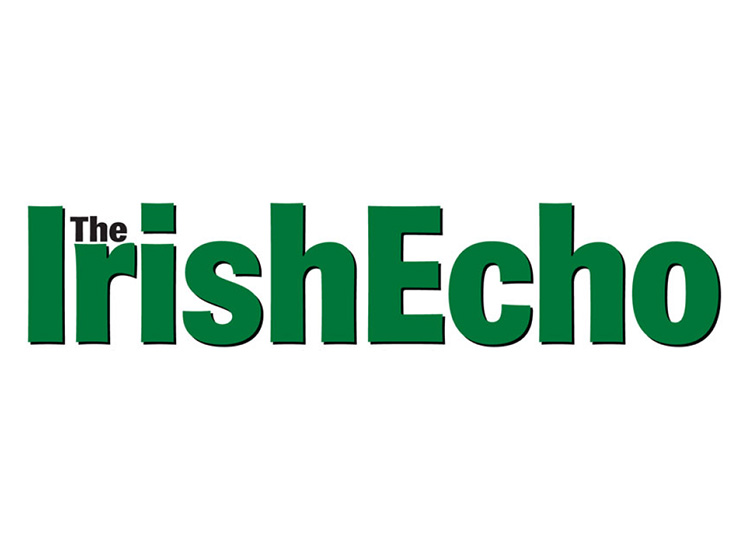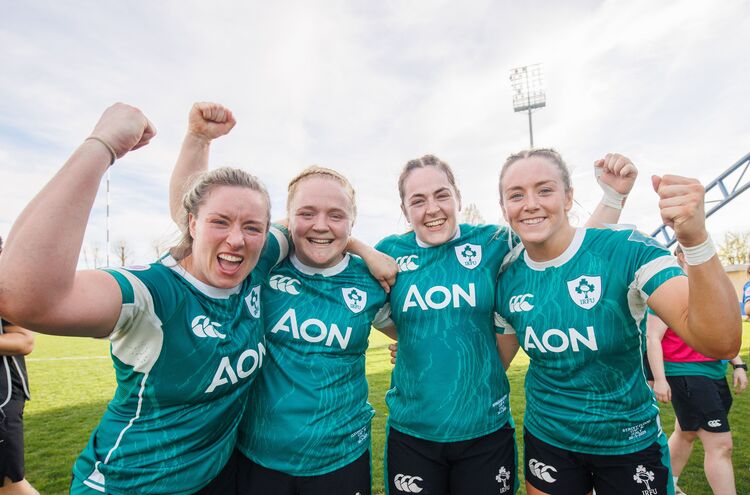By Dave Hannigan
The scene was the Midwestern city of Cleveland, Ohio one Friday afternoon in July, 2003. On every street corner, there were men and women in green and white hooped jerseys. Some were Irish- and Scottish-born. More were the children and grandchildren of emigrants from both countries. They had come out from New York, up from Texas, and down from Canada to watch Celtic take on Boca Juniors in a friendly at the Cleveland Browns' NFL stadium. To see so many thousands of them gathering on the shores of Lake Erie in the heart of America was an impressive and kind of startling sight.
That was the year European and British clubs began in earnest their periodic pre-season invasions of the United States. Manchester United, Chelsea, AC Milan, Barcelona and loads more started to come in search of commercial opportunities and, in marketing-speak, repeated attempts to expand their brands. In Cleveland however, it was glaringly obvious that Celtic had one major advantage over all of them. They didn't draw day-trippers wondering what all the fuss was about. This was a club with a pre-existing, organically-grown and significant support base. Following Celtic had been a birthright handed down through generations.
This then is the background to the ongoing story of a mooted Old Firm friendly in Boston, the self-styled most Irish city in America, this summer. Over the past fortnight, there has been serious speculation about Celtic taking on Rangers at either Foxboro Stadium, home of the New England Patriots which is located about 30 miles from the city, or at the Boston Red Sox's more central Fenway Park on July 21. One wonders what kind of marketing genius came up with this idea because it makes very little sense for either club or either venue. There may be some money to be made, and both clubs badly need that, but there's untold damage that could be done to all involved.
No amount of cash garnered from television rights will make this a worthwhile trip for Rangers or their supporters. Boston is a town that boasts plenty of Irish-Americans who, with a few pints on board, still think there's a war going on in Northern Ireland, one they sort of wish they were involved in. These guys may not know much about the Scottish Premier League but their rudimentary knowledge of Irish history will ensure they won't need to hear more than a few bars of "The Famine is over, why don't you go home?" being sung by the supporters in royal blue before being prompted to react. Their response is unlikely to be of the musical variety either.
Rangers have nothing to gain and plenty to lose. In a poll on the North American Rangers Supporters Association's website, 95 per cent of respondents felt that a fixture in Boston (or "behind enemy lines" as they described it themselves) would be a very bad idea. It says much for the club's presence in these parts that just 82 votes had been tallied by Thursday night. Rangers are not big here, never will be big here (even if they come to play DC United as is also being talked about), and are only likely to damage their attempts to impact here via any potentially disastrous appearance in Boston.
Celtic would be risking even more. In an era when European jerseys of every stripe and color can be spied on the streets and in the schoolyards across America, the green and white hoops still pop up with a regularity belying their current lowly standing in the world game. The club retains an historic foothold in these parts, something summed up by the fact it first played Fenway Park more than half a century ago. They could do untold damage to that reputation were this particular match to spawn violent incidents. Bar-brawls would be bad enough but hooligans infecting hallowed Fenway (built by a Derry-man named Charles Logue in 1912 and treated like a church by the natives ever since) would be a public relations nightmare.
The denizens of Red Sox Nation despise their New York Yankee rival but both sets of fans are very rarely in the same stadium at the same time. Geography dictates there's very little tradition here of supporters traveling to away games to cheer on their teams. To say the local constabulary might struggle to understand the naked sectarian hatred that is too often a part of the authentic Old Firm experience then would be an understatement. Suffice to say, they would regard most of the chanting and singing involved as hate crimes and cause for arrest. Fuddy-duddies around here tend to take outright religious baiting a little seriously. Shocking, we know.
Even before anything has been confirmed, this troublesome notion has already caused a transatlantic brouhaha. Irish-born journalist Mark Stokes wrote a piece for the Boston Globe detailing, amongst other things, the history of Rangers' fans behaving like hooligans all over Europe, and most recently in Manchester. Most of it was fair comment, but Stokes erroneously claimed that the 1971 Ibrox Disaster was caused by tensions between the supporters of both teams. He has since apologized profusely but the Scottish media and Rangers are up in arms about the mistake.
"In relation to the match against Celtic, the club is far from having anything confirmed and while we have received an extremely positive letter from the Mayor of Boston looking forward to our visit to the city, this is somewhat premature as we are still considering other pre-season options," said Martin Bain, chief executive of Rangers. "It is extremely disappointing that comments in the Boston Globe do not reflect the mayor of Boston's invitation letter to the club."
The fall-out from that incident has been such that many in Glasgow are already calling for both clubs to reconsider the whole Boston idea. They should do because while Stokes may be the first unfortunate casualty of this ludicrous proposal, if it goes ahead, he definitely won't be the last.
[Photo: Shunsuke Nakamura of Celtic, right, tackled Steve Davies of Rangers in a game in February of last year. INPHO/GETTY IMAGES]









